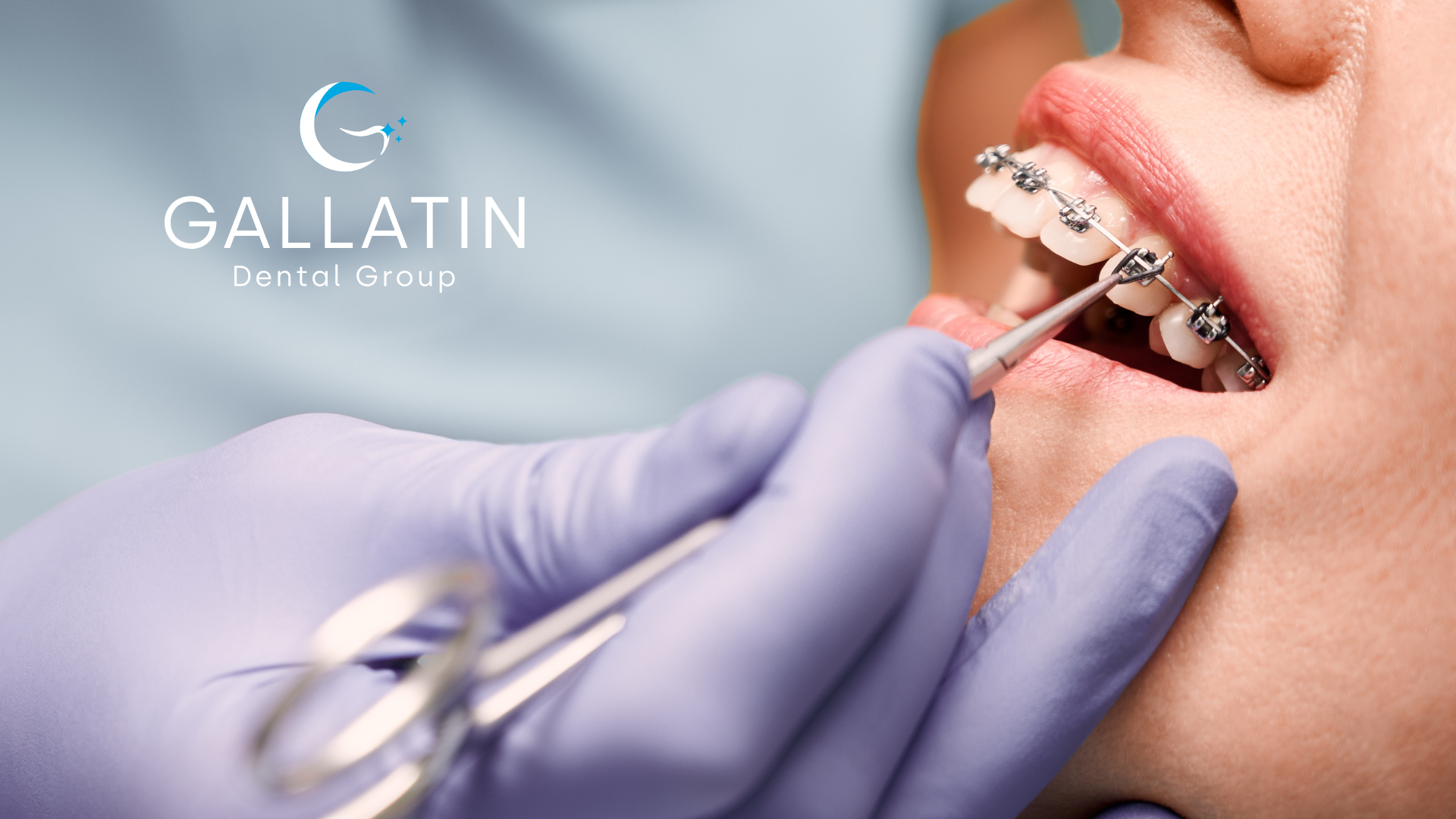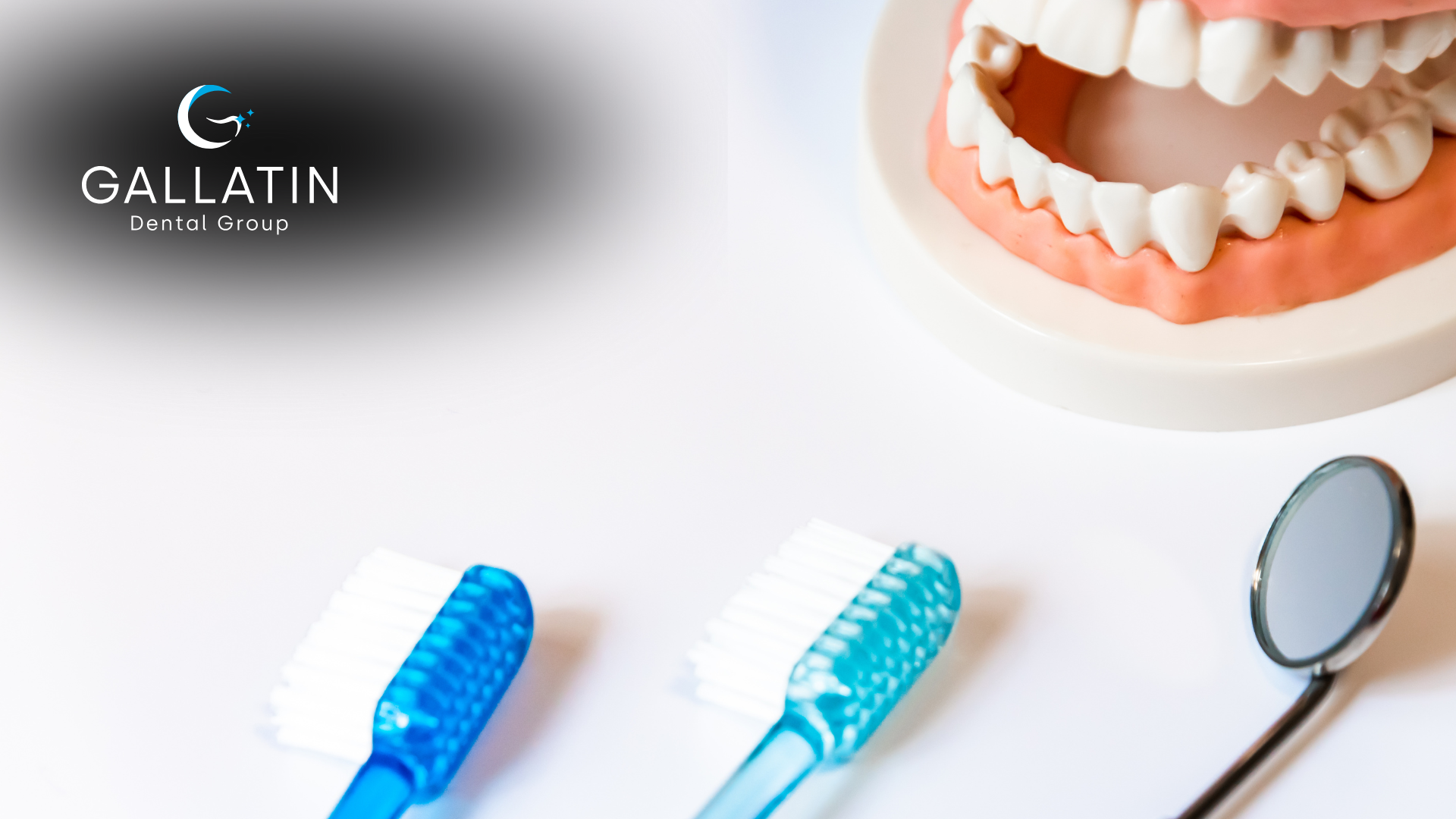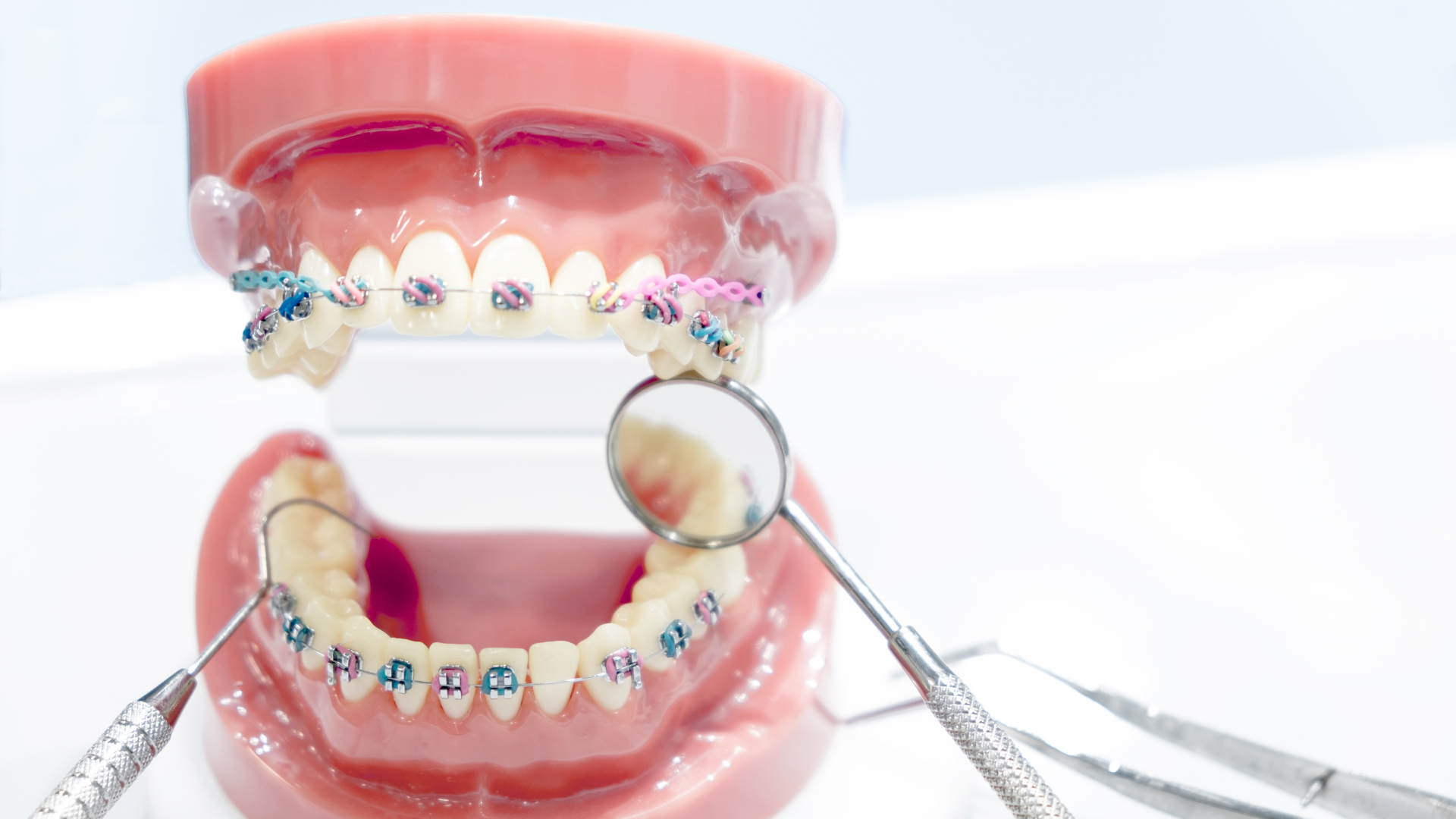Dental Implants in Downey: How Long They Last and What to Expect
Understanding Dental Implants: What They Are and How They Work
Definition and Components of Dental Implants
Dental implants are artificial tooth roots placed in the jawbone to support replacement teeth. They are made up of three main parts:
- Implant: The metal post that is inserted into the jawbone.
- Abutment: A connector that holds the crown on top of the implant.
- Crown: The visible part of the tooth that looks like a natural tooth.
How Dental Implants Integrate with Jawbone
When a dental implant is placed, it undergoes osseointegration. This means the bone grows around the implant, strengthening and stabilizing it. This connection is crucial for the implant's success.
Types of Dental Implants Available
There are different types of dental implants, including:
- Endosteal Implants are the most common type, placed directly into the jawbone.
- Subperiosteal Implants: These are placed under the gum but above the jawbone, and they are often used for patients with low jawbone height.
- Zygomatic Implants: These are longer implants anchored in the cheekbone, used in complex cases.
Dental implants offer a reliable solution for missing teeth, providing function and aesthetics.
The Benefits of Choosing Dental Implants in Downey
Long-Term Durability and Strength
Dental implants are known for their long-lasting strength. Unlike other tooth replacement options, they can last for many years, often a lifetime, with proper care. Here are some reasons why:
- Made from strong materials like titanium.
- They fuse with the jawbone, making them stable.
- There is less chance of needing replacements compared to dentures or bridges.
Natural Look and Feel
One of the best things about dental implants is how natural they look and feel. They are designed to match your natural teeth, which means:
- They blend in seamlessly with your smile.
- You can eat and speak without worry.
- They help maintain the shape of your face, preventing sagging.
Improved Oral Health
Choosing dental implants in Downey can lead to better oral health. Here’s how:
- They don’t require altering nearby teeth, unlike bridges.
- They help preserve jawbone health by preventing bone loss.
- Easier to clean and maintain compared to dentures.
Dental implants are a great investment in your smile and overall health. They offer benefits that can improve your quality of life.
The Dental Implant Procedure: Step-by-Step Guide
Initial Consultation and Assessment
The first step in getting dental implants is the initial consultation. During this visit, the dentist will:
- Review your medical history.
- Take X-rays to check the condition of your jawbone.
- Discuss your goals and expectations for the procedure.
This step is crucial for planning your treatment effectively.
Surgical Placement of the Implant
Once everything is ready, the next step is the surgery. Here’s what happens:
- The dentist numbs the area to ensure you feel no pain.
- They make a small cut in the gum to expose the bone.
- A titanium post is placed into the jawbone, acting as the new tooth's root.
Healing and Osseointegration Period
After the implant is placed, you will enter the healing phase. This period is important because:
- The bone grows around the implant, securing it in place.
- This process can take several months, but it’s essential for a strong foundation.
Patience is key during this time, as it ensures the implant will last.
Placement of the Abutment and Crown
Once healing is complete, the final steps are:
- An abutment is attached to the implant, which will hold the crown.
- A custom-made crown is then placed on the abutment.
- The dentist will check the fit and make any necessary adjustments.
This step completes the process, giving you a new tooth that looks and feels natural.
Factors That Affect the Longevity of Dental Implants
Quality of the Implant Material
The materials used in dental implants play a big role in how long they last. High-quality titanium is often preferred because it is strong and works well with the body. Here are some key points:
- Implants made from high-grade titanium resist wear and tear.
- Cheaper materials may lead to quicker failure.
- Always ask your dentist about the materials they use.
Patient's Oral Hygiene Practices
Taking care of your mouth is crucial for keeping your implants healthy. Good habits can make a big difference:
- Brush your teeth at least twice a day.
- Floss daily to remove food particles.
- Visit your dentist regularly for check-ups.
Bone Density and Health
The strength of your jawbone affects how well the implant stays in place. Here’s what to consider:
- Strong bone helps the implant bond better.
- Weak or unhealthy bone can lead to problems.
- Your dentist may suggest treatments to improve bone health before getting implants.
Lifestyle and Dietary Choices
What you eat and how you live can impact your dental implants:
- Avoid smoking, as it can harm healing.
- Eat a balanced diet rich in vitamins and minerals.
- Limit sugary foods to prevent gum disease.
Keeping your dental implants in good shape requires effort. Focusing on these factors can help ensure they last for many years.
What to Expect During the Recovery Period
Immediate Post-Surgery Care
After your dental implant surgery, taking care of yourself is important. Here are some things to keep in mind:
- Rest: Take it easy for the first few days.
- Ice Packs: Use ice packs on your face to reduce swelling.
- Medication: Take any prescribed pain relievers as directed.
Managing Pain and Discomfort
You might feel pain after the surgery, but it can be easily managed. Here are some tips:
- Follow Instructions: Stick to the pain management plan your dentist gives you.
- Soft Foods: Eat soft foods to avoid hurting your implant site.
- Stay Hydrated: Drink plenty of water, but avoid using straws.
Signs of Successful Healing
As you recover, watch for signs that everything is going well:
- Reduced Swelling: Swelling should go down after a few days.
- Less Pain: Pain should gradually decrease.
- Healthy Gums: Your gums should look pink and healthy.
Potential Complications to Watch For
While most recoveries go smoothly, be aware of these issues:
- Infection: Look for signs like increased pain or swelling.
- Bleeding: If bleeding doesn’t stop, contact your dentist.
- Loose Implant: If the implant feels loose, seek help right away.
Recovery from dental implant surgery requires patience. Following your dentist's advice will help ensure a smooth healing journey.
Cost of Dental Implants in Downey: What You Need to Know
Breakdown of Costs Involved
When considering dental implants, it's important to understand the costs involved. Here are some key components:
- Consultation Fees: Initial visits to the dentist can vary in price.
- Surgical Costs: The actual implant placement procedure has its own costs.
- Materials: The type of implant and crown can affect the overall price.
Insurance Coverage and Financing Options
Many people wonder if insurance will help with the costs. Here are some points to consider:
- Insurance Plans: Some plans may cover part of the implant costs.
- Payment Plans: Many dental offices offer financing options to help spread out payments.
- Health Savings Accounts: You can use these accounts to pay for dental work.
Comparing Costs with Other Tooth Replacement Options
It's also helpful to compare dental implants with other options:
- Dentures: Usually less expensive but may need to be replaced more often.
- Bridges: Can be a middle-ground option but may not last as long as implants.
- Long-Term Value: While implants may cost more upfront, they often last longer, making them a better investment over time.
Understanding the costs of dental implants can help you make a better decision. It is always a good idea to talk to your dentist about what works best for you.
Choosing the Right Dental Implant Specialist in Downey
Qualifications and Experience to Look For
When searching for a dental implant specialist, consider the following:
- Education: Ensure they have the right dental degree and specialized implant training.
- Experience: Look for someone who has performed many successful implant procedures.
- Certifications: Check if they have any additional certifications in implant dentistry.
Questions to Ask During Your Consultation
Before making a decision, ask these important questions:
- How many dental implants have you placed?
- What is your success rate with implants?
- Can you show me before-and-after photos of previous patients?
Patient Reviews and Testimonials
Reading reviews can help you find a good specialist. Look for:
- Positive feedback: See what other patients say about their experiences.
- Ratings: Check online ratings to gauge overall satisfaction.
- Personal stories: Testimonials can give insight into the specialist's care and approach.
Finding the right dentist near me for dental implants is crucial for success. Take your time to research and choose wisely.
Maintaining Your Dental Implants for Long-Term Success
Daily Oral Hygiene Tips
- Brush your teeth at least twice a day using a soft-bristled toothbrush.
- Floss daily to remove food particles and plaque between your teeth and implants.
- Use an antibacterial mouthwash to help keep your mouth clean.
Regular Dental Check-Ups
- Schedule visits to your dentist every six months for cleanings and check-ups.
- Discuss any concerns about your implants during these visits.
- Your dentist can spot issues early and help you maintain your implants.
Avoiding Habits That Can Damage Implants
- Stay away from hard foods that can break or damage your implants.
- Avoid using your teeth as tools, like opening packages.
- Don’t smoke, as it can affect healing and implant success.
Taking care of your dental implants is essential for keeping them healthy and functional. With the right care, they can last a lifetime!
Common Myths and Misconceptions About Dental Implants
Myth: Dental Implants Are Painful
Many people worry that getting dental implants will hurt a lot. Most patients report that the procedure is much less painful than expected. Modern techniques and anesthesia help minimize discomfort during and after the surgery.
Myth: Dental Implants Require Special Care
Some think that dental implants need special cleaning or care. However, maintaining them is similar to caring for natural teeth. Here are some simple tips:
- Brush your teeth twice a day.
- Floss daily to keep the area clean.
- Visit your dentist regularly for check-ups.
Myth: Dental Implants Are Noticeable
Another common belief is that dental implants look fake or obvious. In truth, implants are designed to blend in with your natural teeth. They can:
- Match the color of your existing teeth.
- Feel just like natural teeth when chewing.
- Restore your smile without anyone noticing.
Dental implants are a great option for many people. They offer a natural look and feel while being easy to care for.
Comparing Dental Implants to Other Tooth Replacement Options
Dental Implants vs. Dentures
- Durability: Dental implants are designed to last many years, often a lifetime, while dentures may need to be replaced every 5-10 years.
- Comfort: Implants feel like natural teeth, whereas dentures sometimes slip or cause discomfort.
- Maintenance: Implants require regular brushing and flossing, similar to natural teeth, while dentures need to be removed and cleaned separately.
Dental Implants vs. Bridges
- Support: Unlike bridges, which can weaken adjacent teeth over time, implants do not rely on neighboring teeth for support.
- Longevity: Implants generally last longer than bridges, which may need replacement after 10-15 years.
- Bone Health: Implants help maintain jawbone health, while bridges do not prevent bone loss.
Pros and Cons of Each Option
1.Dental Implants
- Pros: Long-lasting, natural feel, supports jawbone.
- Cons: Higher initial cost, requires surgery.
2. Dentures
- Pros: Lower cost, non-invasive.
- Cons: Less stable, may need frequent adjustments.
3. Bridges
- Pros: Good for replacing a few teeth, quicker to place.
- Cons: Can damage surrounding teeth and may not last as long as implants.
Choosing the right tooth replacement option is important for your oral health and comfort. When making a decision, consider your lifestyle, budget, and long-term needs.
Final Thoughts on Dental Implants in Downey
In conclusion, if you're considering getting dental implants, knowing how long they can last and what the process involves is important. At Gallatin Dental, we focus on giving you top-notch dental implants in Downey that are made to endure. With the proper care, these implants can be a lasting fix for missing teeth, giving you a natural appearance and comfort. Our skilled team is here to support you at every stage, ensuring everything goes smoothly from your first visit to your recovery. If you're looking for a dentist nearby to talk about your options for dental implants, Gallatin Dental is here to help you achieve a bright and lasting smile.
Hours & address
Mon-Thu — 8am - 6pm
Fri — 8am - 4pm
Sat — 8am - 2pm
10805 Paramount Blvd.
Downey, California
90241
Navigation Links
Gallatin Dental Group | All Rights Reserved











